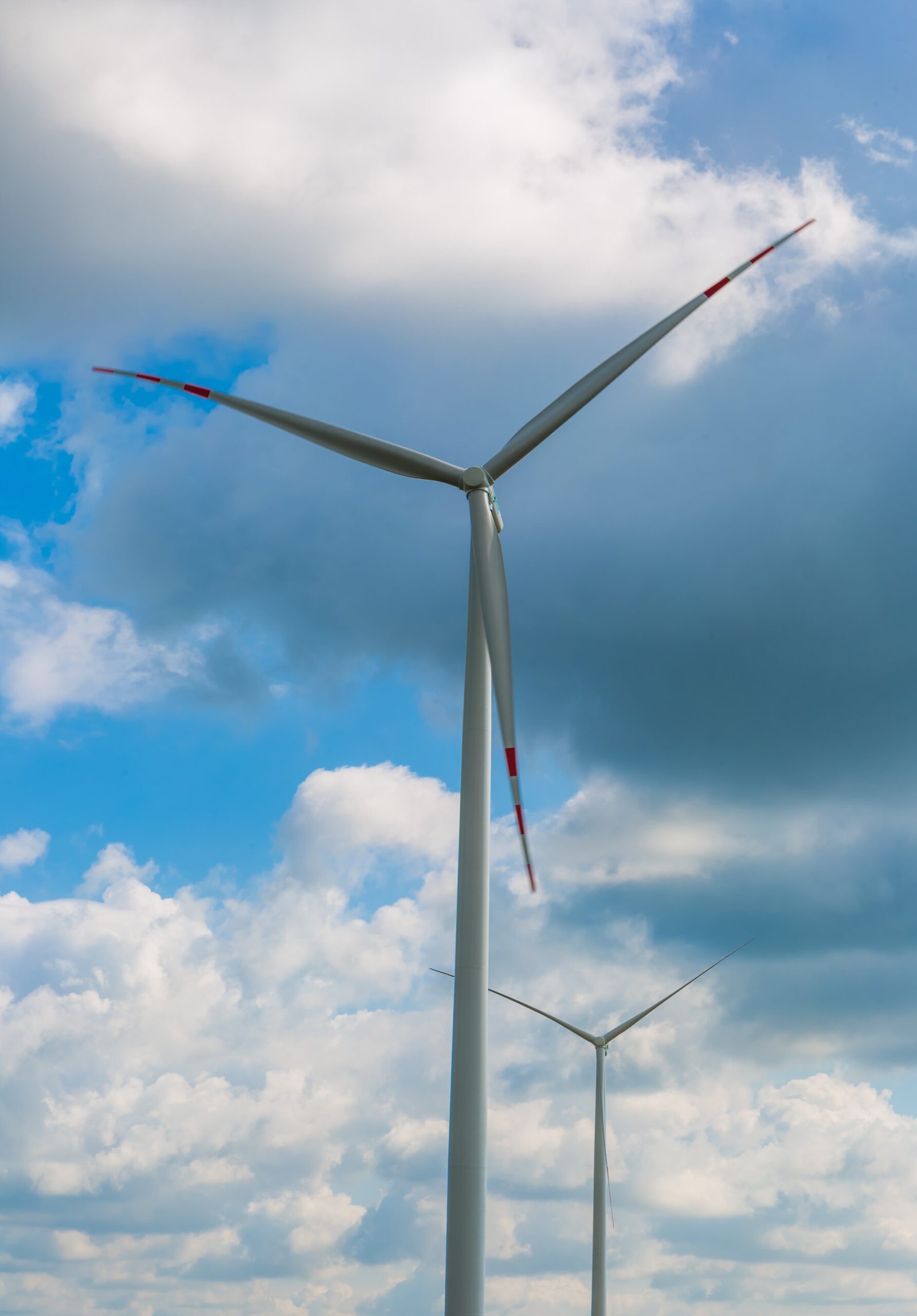Soaring Above: The Future of Sustainable Aviation and Green Technologies
As humanity continues to grapple with climate change, the aviation industry is not standing still. With a growing focus on sustainability, advancements in green technologies are setting the stage for a new era in flight. From pilot training initiatives to innovative aircraft design, the future of aviation is bright—and green.
First and foremost, let’s talk about the pilots of tomorrow. As we shift towards more sustainable aviation practices, training programs are evolving accordingly. Pilot and RC drone training are becoming increasingly popular career paths for those interested in entering this dynamic field. Flight schools now integrate eco-friendly practices into their curriculums, focusing on energy-efficient flying techniques and emphasizing the importance of reducing carbon footprints.
Moreover, with the rise of unmanned aerial vehicles (UAVs), aspiring aviators have a plethora of opportunities at their fingertips. Training programs for remote-controlled drones encompass everything from basic piloting skills to advanced navigation techniques. Many reputable flight schools offer comprehensive courses that cover regulations, safety protocols, and even environmental impacts—ensuring that future drone operators are equipped with both technical expertise and ecological awareness.
The demand for skilled pilots is accompanied by an increasing need for qualified evaluators who can assess various flight training programs. Potential students often find themselves overwhelmed with options; therefore, thoughtful reviews play a crucial role in helping them make informed decisions. Institutions now host forums where experienced pilots share insights about different training facilities, equipment quality, available mentors, and overall experiences.
These reviews help paint an accurate picture of what prospective students can expect from their chosen program while shedding light on how environmentally conscious these institutions are becoming in light of recent developments in sustainable aviation technologies.
As we soar higher into the skies of tomorrow’s aviation landscape, it’s also essential to consider the role of aviation brokers and insurance companies in promoting sustainability. These entities play a significant role in facilitating eco-friendly practices by offering tailored policies that reward greener operations. For example, many brokers now provide incentives for operators who invest in fuel-efficient aircraft or implement strategies that minimize emissions.
Insurance rates can vary widely based on an operator’s commitment to sustainability; companies often view eco-friendly measures as indicators of reduced risk. By aligning financial benefits with environmental responsibility, insurance providers encourage airlines and private operators alike to adopt greener technologies—ultimately contributing to lower global emissions across the board.

Furthermore, as technology advances rapidly—think electric propulsion systems or biofuels—the risk landscape shifts too. Insurance companies must adapt their offerings accordingly while ensuring they remain competitive within the market—and this adaptability could serve as a catalyst for further innovation within sustainable aviation.
In conclusion, as we venture into an era marked by heightened ecological concerns and technological breakthroughs, it’s clear that sustainable aviation isn’t just an idealistic notion—it’s becoming our reality. From nurturing skilled pilots through cutting-edge training programs to fostering relationships between brokers and insurers that promote green strategies—the trajectory ahead looks promising indeed! Together we can embrace this journey toward a cleaner sky while redefining what it means to take flight responsibly.
